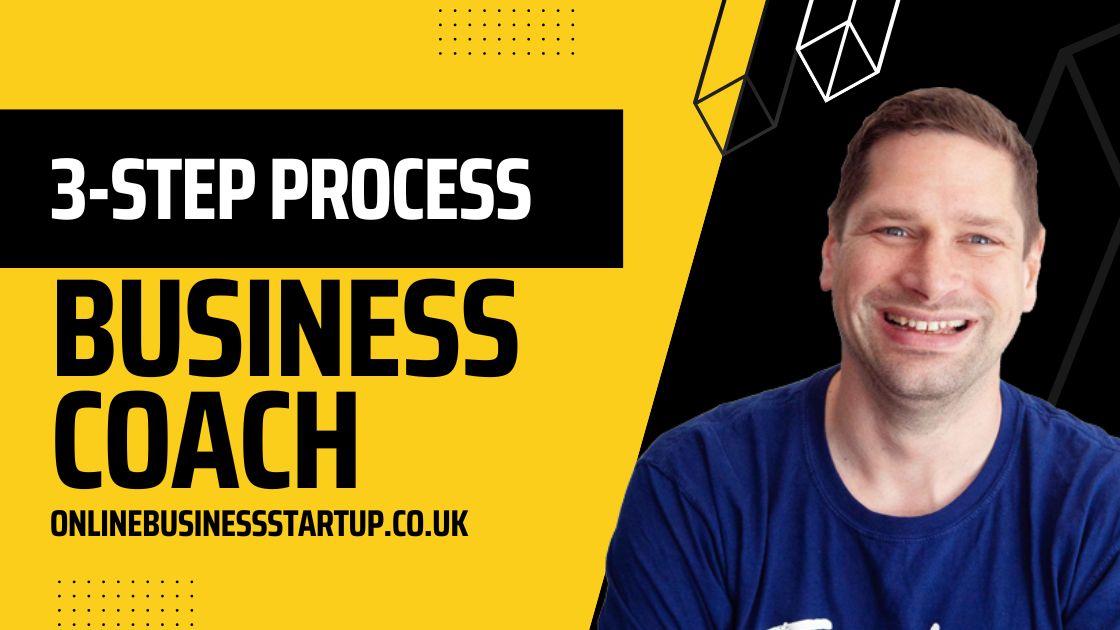
Step 1: Determine your niche and target audience.
The first step in becoming an online business coach is deciding what kind of coach you want to be.
Consider the following:
- Will you focus on a one-on-one or group coaching?
- What are the areas where you can add the most value?
The coaching specialty you choose will influence your approach, structure, pricing, coaching programs, and personal brand. But don't let it stop you. Because you're just starting out, you can easily change your niche if it doesn't work out.
After you've decided on your coaching niche, consider what kind of client would be a good fit for your abilities. Try to respond to questions like:- What is it that they can't solve on their own?
- How much business experience do they have?
- What type of business are they running?
- What is the business?
- How much money do they make?
- How many people are employed there?
- Why would they want to hire you?
These kinds of questions will assist you in developing an ideal customer profile, which defines the demographic, psychographic, firmographic, and behavioral characteristics of your possible ideal clientele.
Use your ideal customer profile to plan where you should look for your initial customers (e.g. an industry conference, LinkedIn, local business network, ads).
Step 2: Hone your abilities.
To be on top, even world-class trainers must always learn something new about their business. In reality, that is the only way they can stay world-class over an extended period of time.Classify all of your abilities as main, secondary, or tertiary based on the challenges you solve for your customers. Rate your ability in each of them.
Then devise an improvement strategy. If you believe you are less than exceptional in your key talents, begin working on them right immediately. Sign up for business coach training, get a business coaching credential, or even employ a coach.
Your secondary talents should also be constantly increasing. Subscribe to industry journals, purchase online courses, study books, and so forth.
Tertiary skills are also necessary for broad industry understanding and may most likely be obtained via podcasts, YouTube, and local (or virtual) gatherings.
Step 3: Create a structure for your project.
Next, you should set your own company objectives and create a framework to support them.For example, not all effective business coaches work with clients full-time. Many of them continue to manage their own companies and coach clients on the side, either to give back to the community or to get a deeper understanding of their own profession.
Furthermore, the manner in which you interact with your clientele might differ greatly. Some business coaches like to give emergency services on demand (e.g. investor pitches). Others choose to schedule frequent meetings or even join the client's team for a limited time in order to have a big long-term influence.
There are several coaching techniques to choose from. Here are a few examples:
- Coaching specific teams (for example, sales) to achieve better results
- collaborating with CEOs to discover their vision
- Assisting CEOs in expanding their businesses
Collaborating with the executive team to improve the company's brand Concentrating on important team members to improve their performance
We've created a number of free templates to assist you in structuring efficient business coaching programs and fruitful coaching sessions.
Note: If you're unsure about how to educate and present new knowledge to assist your customers to absorb and retain it, visit our guide on starting an online business.

Comments
Post a Comment